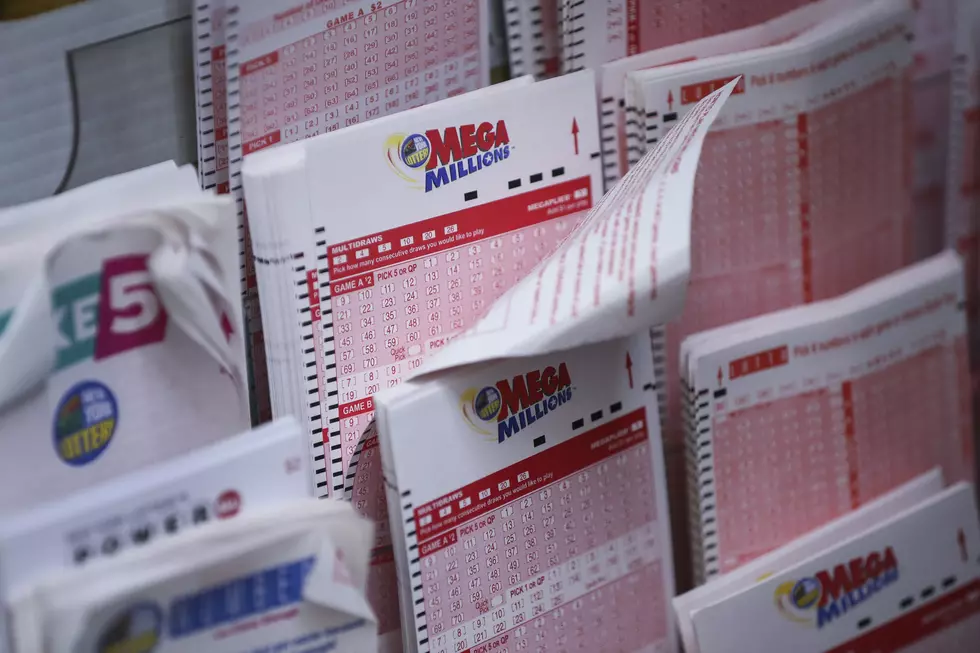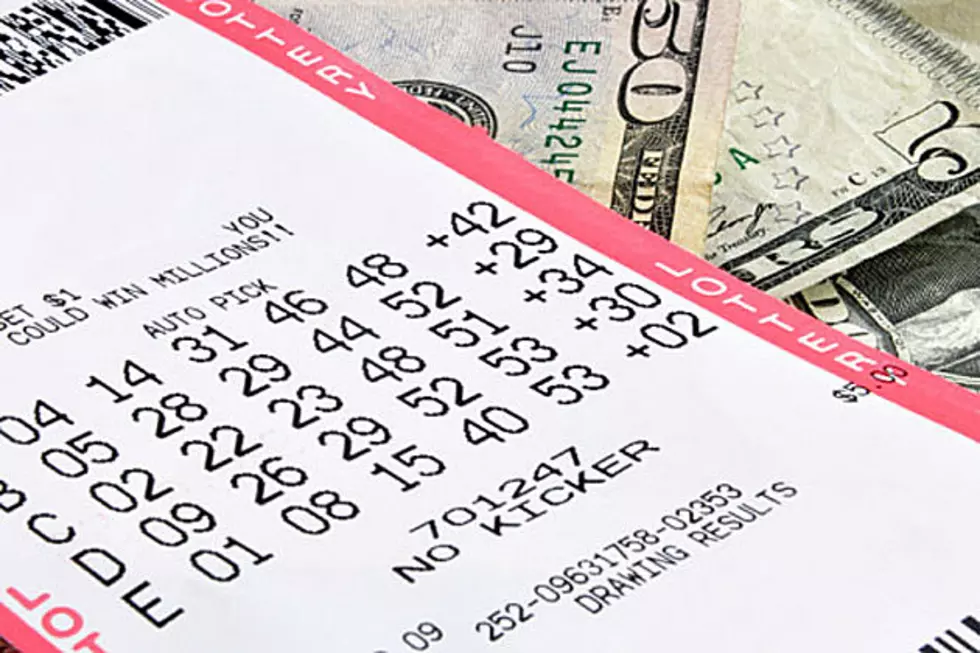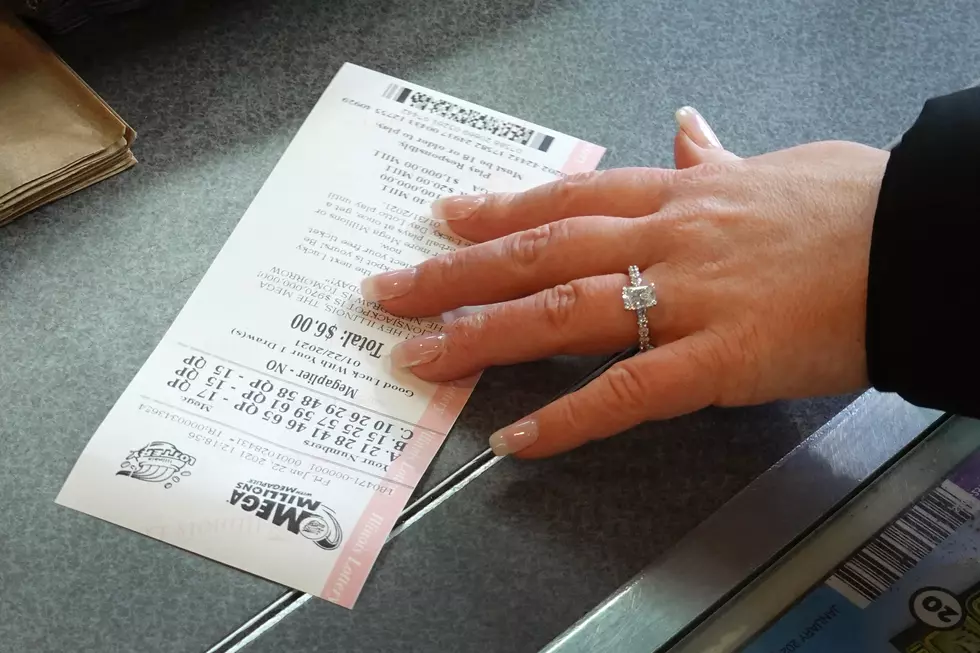
10 Interesting Things You May Not Have Known About the Lottery
Lottery fever is sweeping the country with both the Mega Millions and Powerball getting into that stupid kind of money level.
The Mega Millions lottery jackpot will be an estimated $850 million tonight while tomorrow's Powerball drawing should be around $640 million.
We are a society fascinated by the thought of winning the lottery and all the joys that it could bring to our lives and those around us. There are so many intriguing aspects of the lottery as a whole.
I've dug around and found these 10 interesting facts about the lottery in general that you may or may have not already known.
- According to the National Endowment for Financial Education, about 70% of those who win a lottery or receive a large windfall go bankrupt within a few years.
- More often than not, winners will quit their job the day after winning their jackpot, which means the money hasn't hit their account. That's a bit of counting their chickens before they hatch.
- What happens to lottery winnings when a winner dies? "The estate will handle the lottery prize," explains the Powerball website's FAQ page. "A lottery annuity prize is just like any other asset. You can pass any remaining annuity payments on to your heirs or to anyone else."
- With most lotteries, you can get a choice of one check for the lump sum amount or you can receive it in the form of an annuity. The lump-sum is a single cash transfer, whereas the annuity is a series of annual payments (often spread out over 20 to 30 years).
- If you win a $1 million jackpot and take the lump sum, your federal income taxes are estimated at $370,000, figuring a tax bracket of 37%.
- The youngest winner is Manuel Franco, 24, from Wisconsin. He pulled in a whopping $786 million jackpot. He said winning "feels like a dream."
- Only seven states right now allow lottery winners to maintain their anonymity: Delaware, Kansas, Maryland, North Dakota, Texas, Ohio, and South Carolina. Six others also allow people to form a trust to claim prize money anonymously. California actually forbids lottery winners to remain anonymous.
- Ten states, along with Puerto Rico and U.S. Virgin Islands, don't charge any state taxes on lottery winnings: California, Delaware, Florida, New Hampshire, Pennsylvania, South Dakota, Tennessee, Texas, Washington, and Wyoming.
- In general, if you live in one state and win a lottery in another, you're first taxed by the state where you bought the lottery ticket. If your state's tax rate is higher, you'll then get a "credit" for the taxes you paid to the other state and pay the difference to your state.
- As you know, the odds of winning a lottery jackpot are extremely long. The odds of winning the Powerball grand prize are 1 in 292,201,338 and for the Mega Millions it's 1 in 302,575,350. For reference, there are about 330 million people in America.
Hey, but still go out and buy a ticket or 12, someone has to win this thing!
KEEP READING: See the richest person in every state
More From 97.3 The Dawg









